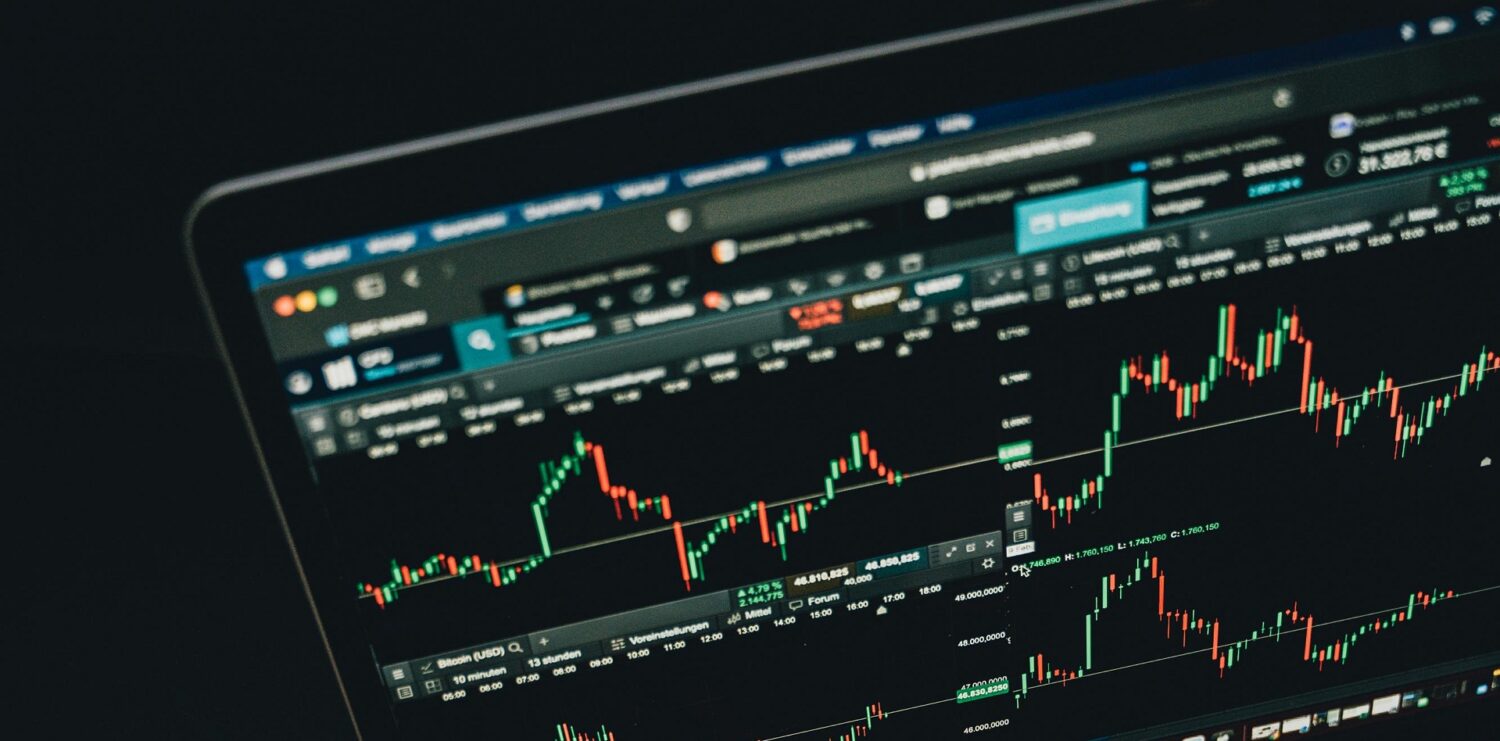Market capitalization, also known as market cap, is the total value of all outstanding shares of a company. It is calculated by multiplying the current share price by the number of outstanding shares. Market capitalization is a measure of a company’s size and is often used to compare companies in the same industry. Market capitalization…
Index
An index is a statistical measure of change in a securities market or a particular segment of the market. It is a way of measuring the performance of a group of assets. Indexes are used by investors to track the performance of the market as a whole, or to compare the performance of different asset…
Exchange
An exchange, also known as a stock exchange, is a marketplace where stocks and other securities are bought and sold. Exchanges provide a centralized platform for buyers and sellers to come together and trade securities. This allows for greater liquidity and transparency in the market, which can benefit both buyers and sellers. There are many…
Earnings per share (EPS)
Earnings per share (EPS) is a company’s net income (profit) divided by the number of outstanding shares of common stock. EPS is a valuable measure of a company’s profitability because it shows how much profit each share of stock is worth. EPS is calculated by dividing net income by the number of outstanding shares of…
Dividend
A dividend is a distribution of a portion of a company’s earnings to a class of its shareholders. When a company earns a profit or surplus, it is able to pay a portion of the profit as a dividend to shareholders. Any amount not distributed is taken to be re-invested in the business. Dividends are…
Common stock
Common stock is a type of security that represents ownership in a corporation. It is the most basic form of equity, and it gives shareholders a number of rights, including: Common stock is riskier than other types of investments, such as bonds, because it is not guaranteed to pay dividends or appreciate in value. However,…
Call option
A call option is a contract that gives the buyer the right, but not the obligation, to buy a specified quantity of an underlying asset at a specified price on or before a specified date. The specified price is called the strike price, and the specified date is called the expiration date. The buyer of…
Bull market
A bull market is a market condition in which stock prices are rising. It is typically defined as a rise of 20% or more in a stock market index over at least a two-month period. Here are some of the key characteristics of a bull market: Bull markets can last for months or even years….
Beta: A measure of a stock’s volatility relative to the market
Beta is a measure of a stock’s volatility relative to the market. It is calculated by comparing the stock’s price movements to the price movements of a benchmark index, such as the S&P 500. A beta of 1 means that the stock’s price moves in the same direction as the market. A beta of less…
Bear market
A bear market is a term that describes a sustained period of time where stocks, securities, or assets continue to decrease in value. A bear market is usually caused by economic decline, consumer pessimism, and negative investor sentiment. A bear market is the opposite of a bull market, where prices are increasing due to economic growth, consumer…
Bid
A bid is an offer to buy something. In the stock market, a bid is an offer to buy a stock at a certain price. The bid price is the highest price that a buyer is willing to pay for a stock. When a buyer and seller agree on a price, a trade is executed….
Ask: The highest price that a buyer is willing to pay for a stock
The ask price is the highest price that a buyer is willing to pay for a stock. The bid price is the lowest price that a seller is willing to accept for a stock. The difference between the ask price and the bid price is called the spread. When a buyer and seller agree on…
